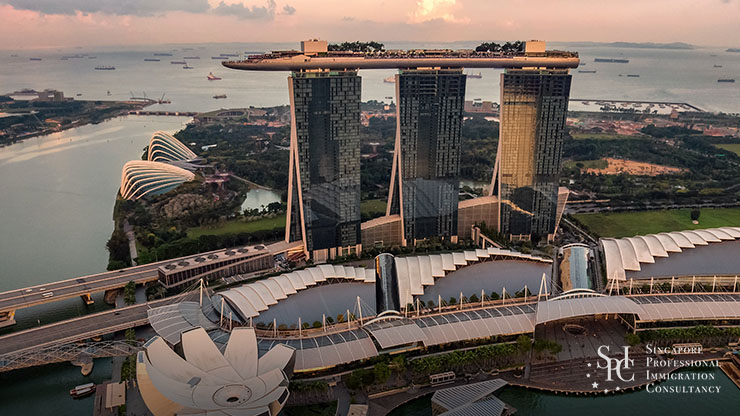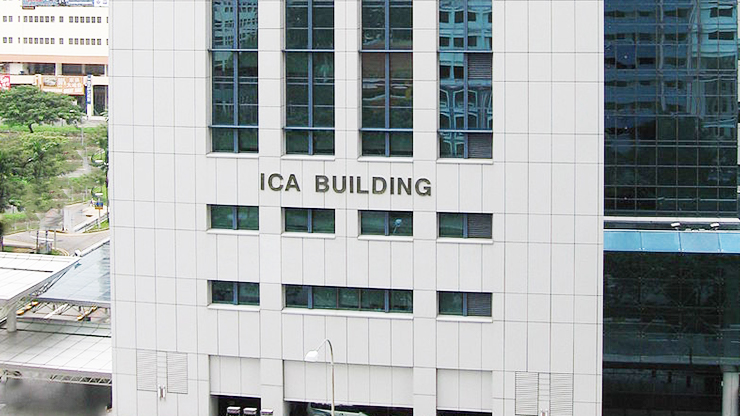Permanent Resident (PR): Buy Condo in Singapore?
One of the main factors influencing what kind of property a foreigner can purchase in Singapore is their residency status. For a natural Singaporean or a Singapore citizen, the only limitation they have is what they are able to afford, but for someone with Singapore citizenship, there are additional restrictions that come into play. It is important to be aware of restrictions placed on property purchase for non-Singapore Citizens. This article will focus mainly on residential property purchases, specifically around buying a condo in terms of private housing. We will also discuss other elements of buying property like whether you need to pay stamp duty, what kind of legal fees you are looking at and whether you can buy landed properties. Remember, however, that it is always best to work with registered property agents when purchasing property anywhere.
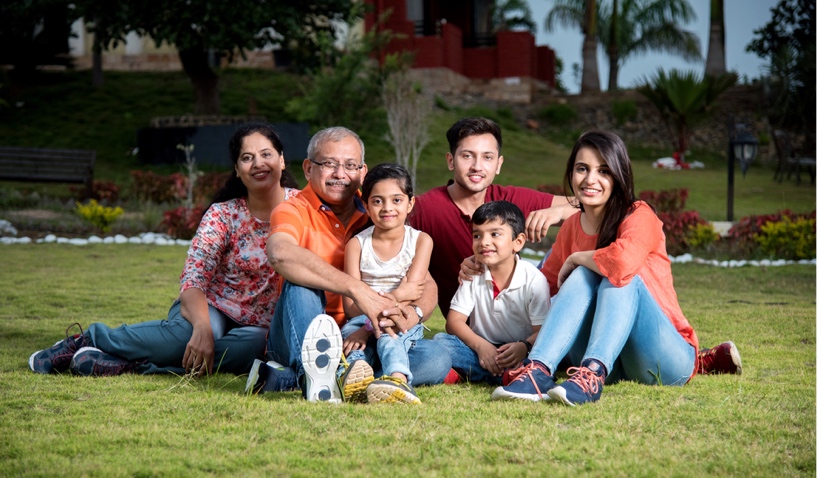
Restricted Properties
In the case of landed residential property in Singapore, which is governed by the Residential Property Act, only a Singapore Limited Liability Partnership, Singapore Society, Singapore Company, or a Singapore Citizen may purchase landed property in Singapore unless they have prior approval from the government.
The following constituted restricted properties (residential and commercial) that foreign buyers require prior approval for:
- Worker’s dormitories, boarding houses, or serviced apartments that are not registered under the Hotels Act
- Place of Worship
- Association Premises
- Strata landed house that is outside of an approved condominium project
- Bungalow or detached dwelling
- Semi-detached house
- Terrace house
- Vacant residential land
Applications for prior approval can be made straight to the Singapore Land Authority or on their website.
Applications are evaluated on a case-by-case basis in accordance with the following factors:
- A minimum of five years as a Permanent Resident
- Your economic contribution to Singapore is in accordance with the taxes you have generated. There can also be a consideration for investments that you have made in Singapore, how many Singaporeans you employ, and your local business practices.
Property Purchase that is not Restricted
The following properties (private and commercial) do not require any kind of approval from the government for purchase from a foreign buyer.
- Hotel properties registered under the Hotels Act
- Executive Condominium
- HDB flat
- Commercial and Industrial Properties
- Shophouse
- HDB Shophouse*
- A landed home leasehold estate for a maximum term of seven years
- A strata landed property in an approved condominium development
- A flat
- A condo unit
*Providing that certain eligibility criteria have been met.
Sentosa Cove
A notable exception to the rule in mainland Singapore about landed houses is Sentosa Cove. Foreigners can freely purchase leaseholds there but should note that properties are extremely expensive.
Can Singapore PR Buy a Private Condo?
Singapore permanent residents can purchase a private condominium unit (new or second-hand), without much hassle, unlike with Executive condominiums and HDB flats. As far as private condominiums go in Singapore, they are often viewed as status symbols because the vast majority of Singapore citizens live in HDB flats. Private condos are considered to be good investments and can be rented out for at least six months (for HDB flats, the minimum period is three months).
Can Singapore PR buy an EC?
A single Singapore permanent resident cannot buy an off-plan executive condominium. Only a permanent resident with a Singapore citizen as a spouse can buy an off-plan executive condominium barring that they meet other requirements as well.
This is not the case for resale executive condominiums as the purchase criteria for those are much more relaxed, and someone with Singapore permanent residence status can purchase such a unit themselves. This is even more relaxed than criteria for resale HDB flats.
ECs are sold and constructed by private property developers, and such properties are usually a mix of public and private housing. Amenities in these developments are similar to what can be found in private condos and include things like gated security, swimming pools, and gyms.
Upon initial purchase of an executive condo, a Minimum Occupation Period must be fulfilled. This prohibits the sale or lease of a unit within the initial five years following purchase. Only after this period can it be sold to Permanent Residents and Singapore Citizens. Only after ten years may it be sold to a foreigners because an EC becomes a private condominium after ten years.
Can Singapore PRs buy an HDB flat?
Singapore PRs are not allowed to purchase Built-to-Order flats straight from the Housing and Development Board. Only a Singapore citizen can do that. Only Singapore PRs who are married to a Singapore citizen may purchase such properties. Usually, this is achieved through the Non-Citizen Spouse Scheme. You will also be able to apply for such property purchases through the Fiancé Scheme if you are not yet legally married.
Furthermore, there are two requirements that must be also be met. Permanent Residence status must exceed three years, and the applicant must be a minimum of 21 years old.
The Minimum Occupation Period further restricts the sale or lease of such properties within the first five-years following purchase. You, or your spouse, may also not own other private property. If so, the other private property must be sold within six months of purchasing an HDB flat.
Resale HDB flat
Someone with a PR status does not need to marry a Singapore citizen to buy resale flats. However, you will need to have family in Singapore that has had PR status for at least three years. People with PR status cannot buy resale flats on their own.
In addition to requirements that must be met, PRs must also bear in mind that there is an Ethnic Integration Policy quota and a Singapore Permanent Resident quota that must be filled in the area they would like to purchase, and this can impact their chances of success.
In cases where at least one of the buyers in the purchase of an HDB resale flat is either a Malaysian PR or a Singapore citizen, then only the EIP needs to be met, but if none of the buyers are Malaysian permanent residents, then both quotas will apply. In order to ensure that quotas are met, the buyer will belong to the same ethnic group as the seller.
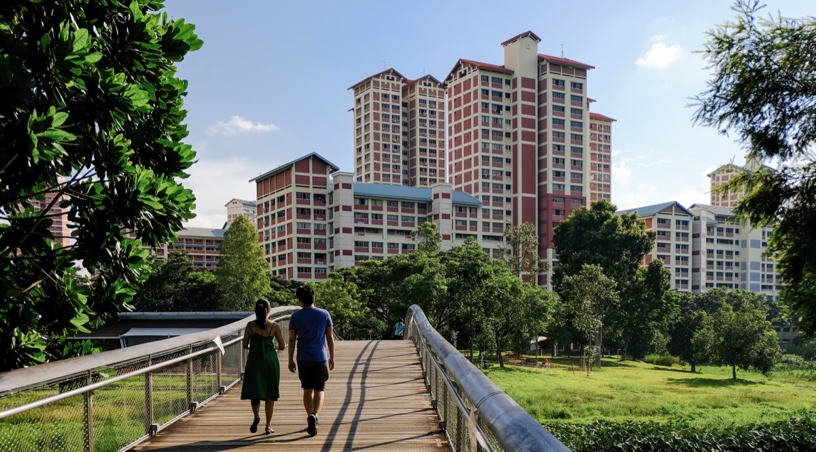
Financial Considerations for Purchasing Residential Property in Singapore
Buyer’s Stamp Duty (BSD)
Anyone who buys property in Singapore will need to pay buyer’s stamp duty for their documentation. Buyer’s stamp duty is calculated according to the market value or purchase price of the property. Whichever one is higher.
The buyer’s stamp duty will take into account any discounts issued on the purchase price, provided that the net price is still in-line with the market value.
The Inland Revenue Authority stipulated the following tax information for rates after February 2018.
The purchase price or market value of the first property (SGD 180,000) is taxed at 1%. The next SGD 180,000 is taxed at 2%, and the next SGD 640,000 is taxed at 3% on the buyer’s stamp duty.
Additional Buyer’s Stamp Duty (ABSD)
Local and foreign buyers started to increase the demand for property purchase and investment, which led to the inception of Additional Buyer’s Stamp Duty. Additional Buyer’s Stamp Duty further keeps private property prices affordable for locals.
Tax rates were increased in January 2013 in an attempt to exercise some control over the residential property market. Another raise in the Additional Buyer’s Stamp Duty followed in July 2018. The latest rates as like so:
Singapore Citizen
First residential property: None
Second residential property: 12%
Subsequent residential property: 15%
Permanent Resident
First residential property: 5%
Subsequent residential properties: 15%
Foreigners
Residential properties: 20%
There are some countries whose citizens do not pay additional stamp duty on a first property purchase in Singapore.
Home Loan: Foreigner in Singapore
Foreigners can indeed take out home loans in Singapore, but it can be difficult to make sense of all of the home loans on offer. Home loans are granted to foreigners at the discretion of the local and international banks that operate within Singapore.
For the most part, in order to qualify for a home loan, good credit standing is important.
Eligibility
All on-shore foreigners must have a credit score in order to qualify. Offshore foreigners are evaluated based on their net worth and their proof of income.
Documents Required
A certified copy of your latest proof of income is required, along with a notice of assessment. Additionally, a copy of your NRIC, passport, and Option to Purchase is also required. If you are self-employed, then a net worth statement and proof of earnings need to be submitted.
Things to Consider When Applying for a Home Loan
In-Principal Approval
This is a document obtained from the bank and will include the loan period and the amount you have qualified for.
Loan-to-Value Ratio
This is calculated according to the market value and property purchase price. Usually, a maximum of 75% of the property purchase price can be borrowed. If you already have outstanding housing loans, then you’ll only be allowed lower percentages.
The loan tenure and any way that the loan period extends will depend on various different aspects of the loan, most of all the age of the applicant. Because you need to pay the back loan, banks are concerned with extending loans beyond a certain age.

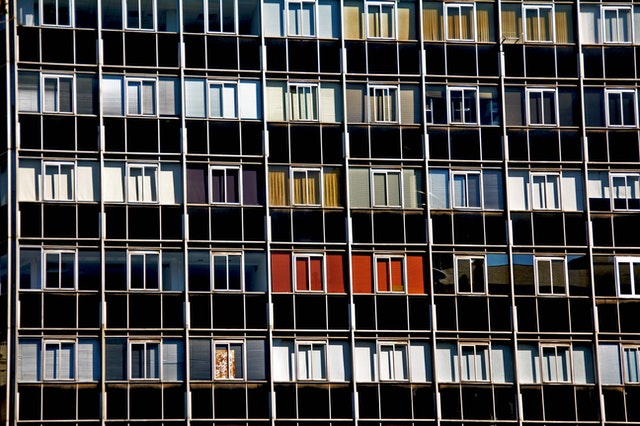
 APPLY FOR SINGAPORE PR 2023/2024
APPLY FOR SINGAPORE PR 2023/2024 
